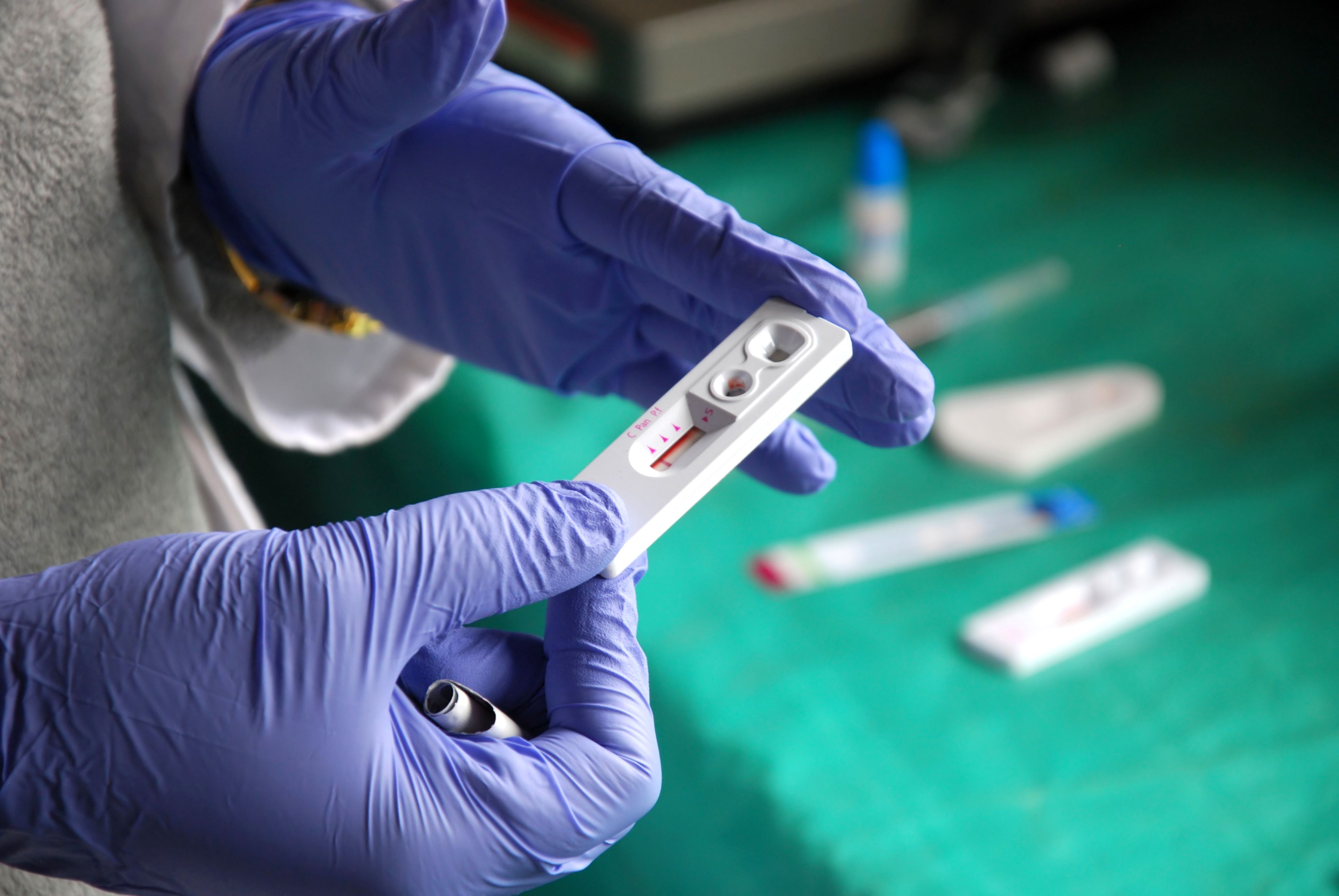Article
Experts in Oncology Review What COVID-19 Has Taught Them
Author(s):
Experts discuss what their teams have learned throughout the COVID-19 pandemic, during the COA virtual conference.
A panel of experts in the oncology discussed what their health care teams are learning throughout the COVID-19 pandemic, during the Community Oncology Association (COA) 2020 Conference on Thursday.
The virtual panel included Sibel Blau, MD, medical director of Northwest Medical Specialties; Steve D’Amato, BScPharm, chief executive officer of New England Cancer Specialist;, Jeffrey Patton, MD, chief executive officer and medical oncologist at the Tennessee Oncology; Alti Rahman, MHA, MBA, CSSBB, practice administrator at the Oncology Consultant; and Anthony Scalzo, MD, president of the Hematology Oncology Associates of CNY.
Blau explained that after the first death occurred in Seattle, her health system gathered a team of viral illness taskforce members to implement measures by March 1. “We have a very good leadership and a robust team. This had to be the fastest, and the most rapidly changing [plan] that we’ve ever implemented. It was an extremely fast change,” she said.
D’Amato mentioned that operational changes to keep staff and patients safe, and a strong leadership team was essential. Additionally, effective communication was critical for the team. Their journey started in early March, and the leadership team had up to 2 calls a day to ramp up operational changes.
“I think that’s the beauty of all of the practices that are in COA. Despite how large we are, we are really motivated to be flexible and change quickly,” D’Amato said. He also mentioned that as a nation, the system was not prepared for the COVID-19 pandemic.
“When we look at what happened with the public health system, and how woefully unprepared it was to deal with this crisis, was a hard lesson for me to learn,” said Scalzo.
Telemedicine was the forefront of the conversation, as experts like D’Amato mentioned that not only was workload one of the biggest implementation successes, but a radicalization for their clinics going past the COVID-19 pandemic.
“Telehealth certainly came to the forefront and we implemented that in 4 days. A lot of work went into operationalizing telehealth. Certainly, team communication as we moved a lot of our staff remotely—about 50% of our staff was remote—as I mentioned earlier communications was key. So having those teams communicate on a daily basis to make sure all the patient issues it taken care of and coordinated I really was critical,” said D’Amato.
Telemedicine has been helpful for physicians, according to Blau. “It's provided us this great patient care and in the ways that we never thought before we knew telemedicine exist in some states were able to use it. It improves patient care in the ways that we couldn't have imagined. For example, we are able to see a patient do a consultation and bring a patient's family members from different parts of the country into the conversation,” said Blau.
She also mentioned that survivorship was a great support and the ability to see a patients’ needs as well.
The experts also discussed the new challenges of working remotely effectively. For example, they said, improvements to the nation’s communication networks are needed in order for workers to rely on digital tools for their jobs.
REFERENCE
Blau S, D’Amato S, Patton J, Rahman A, Scalzo A. Cancer Versus COVID-19: What We Have Learned from the Crisis. Presented at: COA (Community Oncology Alliance) 2020 Virtual Conference. April 23, 2020.
Newsletter
Stay informed on drug updates, treatment guidelines, and pharmacy practice trends—subscribe to Pharmacy Times for weekly clinical insights.





